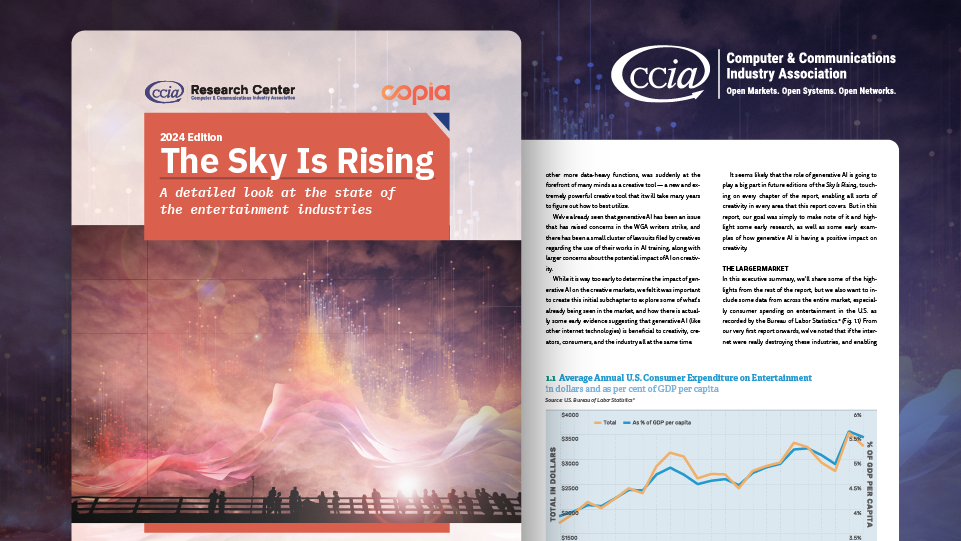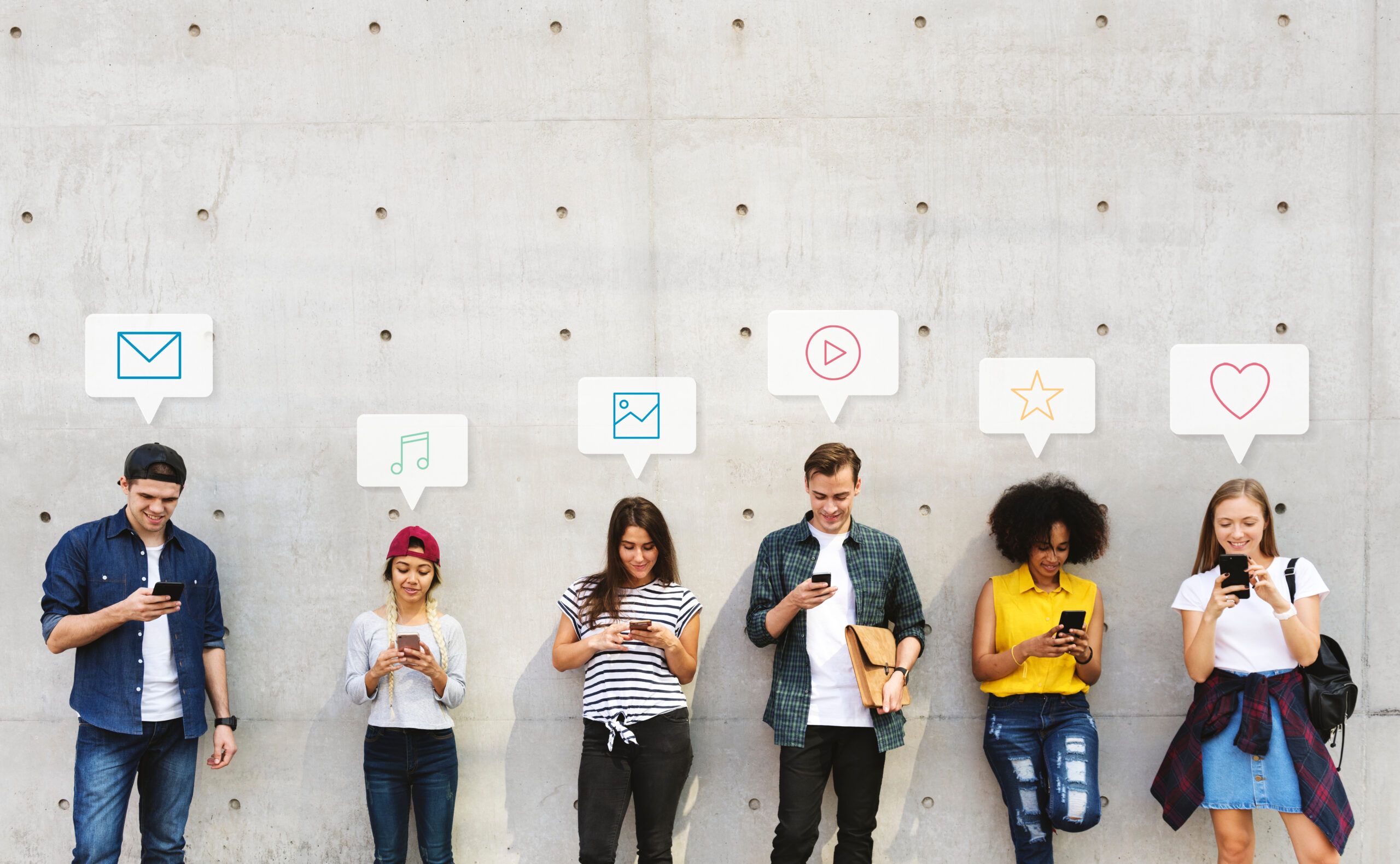The Enduring Power of Shared Entertainment Experiences
Last week’s acquisition of Twitch by Amazon for $1.1 billion drew public attention to organized video game competitions, referred to as e-sports. Twitch streams these e-sports events live over the Internet to millions of viewers. But as reported in a front page story in the New York Times, these competitions often take place in the presence of thousands of spectators. The article described a competition involving the video game Dota 2 occurring this past July in Seattle’s basketball arena before 11,000 fans. The popularity of these live events is not limited to the United States. In March, over 70,000 people attended a four-day tournament in Poland, and 50,000 attendees are expected at a soccer stadium in Seoul to view the League of Legends championship.
The growing popularity of in-person e-sports competitions is just the latest demonstration of the unique quality of shared entertainment experiences, which immunizes them from the competitive impact of both legitimate and infringing content. The sense of community and excitement created by people engaged in a common activity in a public space cannot be duplicated by a lawful or unlawful stream. Although e-sport fans can view the competitions via Twitch for free, there are willing to pay large sums to watch the competitions in person with a community of other fans.
The same is true with respect to music. This past summer, my wife and I attended the Billy Joel concert at Nationals Stadium in Washington, D.C. From our mid-range, $125 seats, we were able to see a small figure seated by a piano. In essence, we watched the concert on the big screen next to the stage. And yet, it was exhilarating to sing the lyrics with 45,000 other people (as well as Billy Joel). We could have found a bootleg copy of the concert online for free; we could have bought the 20 songs he performed for $20 on iTunes; and yet, we, and 45,000 other people, paid hundreds of dollars for the opportunity to participate in the live event.
The $5,000,000 in ticket sales that evening exemplify the concept of “selling the scarcity.” Because digital content is hard to control, it becomes widely available at increasingly lower prices. In contrast, seats for live performances are scarce, and this scarcity leads to increased prices. A business model that focuses on selling a scarce resource is more likely to succeed than one that sells an infinite (or near infinite) resource. As the video game industry and many musical performers like Billy Joel have discovered, a sufficient number of people do not view digital content as a substitute for a live performance, due to the live performance’s unique attributes, and accordingly treat seat to the life performance as a scarce — and thus valuable — resource.








